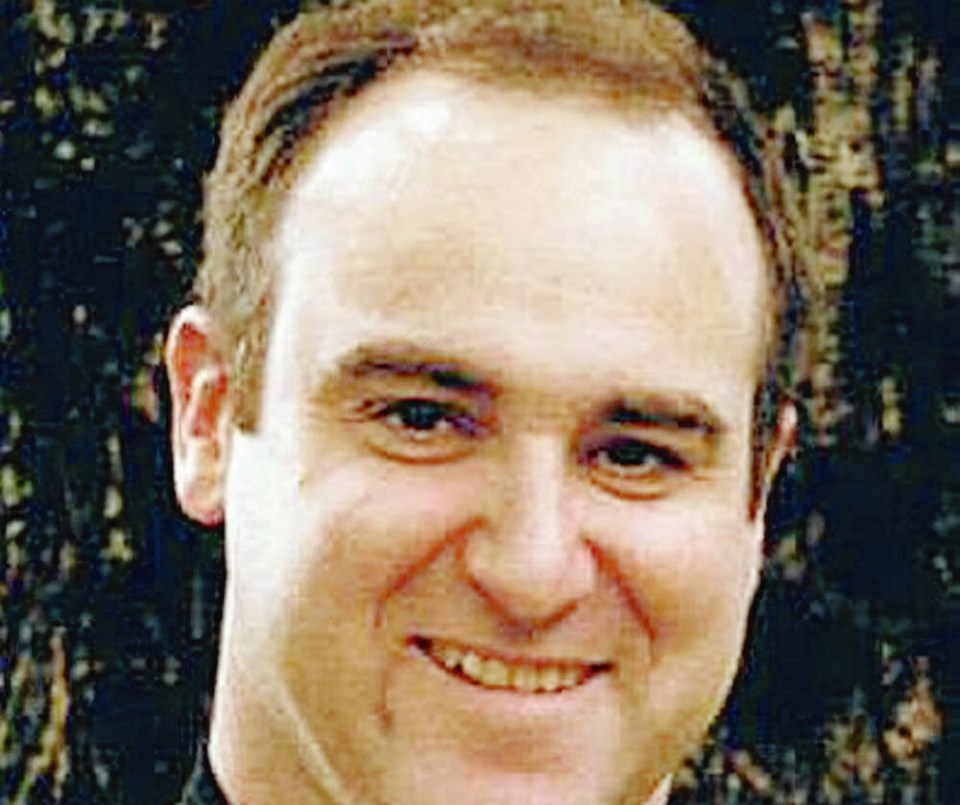Derik Lord, the Saanich man convicted in the brutal murder of a friend’s mother and grandmother in Tsawwassen more than three decades ago, has been granted full parole.
Lord, who is now in his early 50s and continues to maintain his innocence, had been on day parole since March 2020 where he was allowed 14 days in the community and then required to report to a halfway house for two days.
He was eligible for full parole in February, but the request was denied after a tense hearing. Lord appealed that decision and won a new review.
In its decision, issued June 27, the appeal division said the parole board’s ruling did not adequately explain why Lord presented a higher risk on full parole than in his day-parole arrangement.
On Aug. 1, the parole board granted Lord full parole with special conditions, including having no contact with his victims’ families or witnesses in the case, continuing professional counselling and not travelling to the Lower Mainland or В鶹ҙ«ГҪУі»ӯIsland. The decision was released to the Times Colonist on Thursday.
Lord, who is married with a son, has been living and working in an undisclosed community in B.C.’s Central Interior since being granted day parole in 2020. He had been moved to a minimum-security prison in 2017.
“With regard to the frustration you demonstrated during your previous full parole hearing, you indicate this was due to the anxiety you were experiencing at the time,” said the parole board. “Emotions management is an area you will need to continue to work on.”
In 1990, Lord, David Muir and Darren Huenemann were teenagers attending Mount Douglas Secondary School when Lord and Muir murdered Huenemann’s mother, Sharon Huenemann, and grandmother, Doris Leatherbarrow, in an attempt to secure a $4-million inheritance. Huenemann had hired the two with a promise to split the money.
The women were both struck on the head with a blunt object, stabbed in the throat repeatedly and left to die after inviting the teens into the Tsawwassen home.
The parole board said it considered the nature and gravity of the murders and the significance of the harm Lord had caused.
“The trauma stemming from your crime and the harm you inflicted has not lessened over time,” the board said in its decision. “Your ongoing lack of accountability, sense of entitlement and arrogance at times, including any lack of expressed remorse, has only served to compound the harm you caused.
“However, the board is legally required to base its decisions on an assessment of risk, and whether your presence in the community on a full parole release would constitute an undue risk to the public.”
To that end, the board said it gave weight to Lord’s most recent psychological risk assessment “that clearly indicates your denial of responsibility is unrelated to your risk management … rather, it is your willingness and ability to address your risk factors and develop a credible, reliable and effective relapse prevention plan that is crucial for successful risk management.”
The parole board determined that Lord’s overall risk to reoffend is “relatively moderate” and can be managed on a full-parole release.
The board’s decision said Lord has made progress on day parole since 2020, securing employment, engaging with his Indigenous culture, completing recommended programs and maintaining a positive working relationship with his case-management team.
Lord, Muir and Huenemann were all convicted of first-degree murder in 1992.
Lord and Muir were both sentenced to life in prison with no chance of parole for 10 years. Huenemann, considered the ringleader, got a life sentence with no chance of parole for 25 years.
Muir, who admitted his guilt, was granted day parole in April 2002 and full parole the following year.
Huenemann, who changed his name to Darren Gowen, was given day parole over six-month spans that began in August 2022.
Lord had appealed his conviction and sentence, but both appeals were dismissed. Lord has maintained his innocence for the past 34 years.



